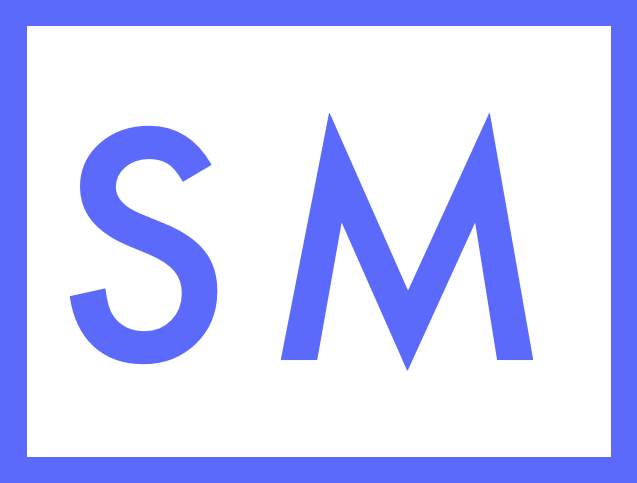Today’s newsletter is about why you should ignore what your customers think and focus on what they do.
Take for example this recently conducted Roast for a post checkout survey.
The question was, “What other brands did you consider before purchasing ours?”
It is open-ended so shoppers list whatever comes to mind.
However, only a fraction of them — those who actually were comparing brands before their purchase — will swiftly answer.
Most will struggle.
Why?
Because they were not considering any other brands before their purchase.
To be sure, I’m not saying these customers didn’t notice or evaluate other brands. It's impossible not to.
The thing I doubt is their ability, at the time of the purchase, to confidently point to another brand and say, “I considered that one before buying.”
The exceptions to this observation tend to correlate with the length of the buying cycle. The longer it is, the more time you have to consider other brands in the first place. I bet the question works well for smartphones and car dealerships (anyone have experience in these categories and know?).
In the case of the Roast, I recommended that shoppers simply list the competitor brands they currently use. The question became “Which of the following brands are you using right now?” (with a list for shoppers to select from.)
It is, I think obviously, a lot easier to recall brands you’re using versus brands you may have considered.
Plus, current use is a great predictor of future use, which is the key behavior brands are trying to anticipate.
Last thing: there’s this tendency to want to know what goes on in the head of customers, and it causes people to ask about events and perspectives that aren’t even measurable.
The strain you feel when you try to think about something obscure, like toothpaste brands you’ve considered, is a symptom of this flawed tradition.
A good rule of thumb is you’re conducting an interview, not reconstructing a diary.
Ask customers what they do. Easy questions only.
String together a few good ones and you’ll see the future you’ll need to anticipate.

